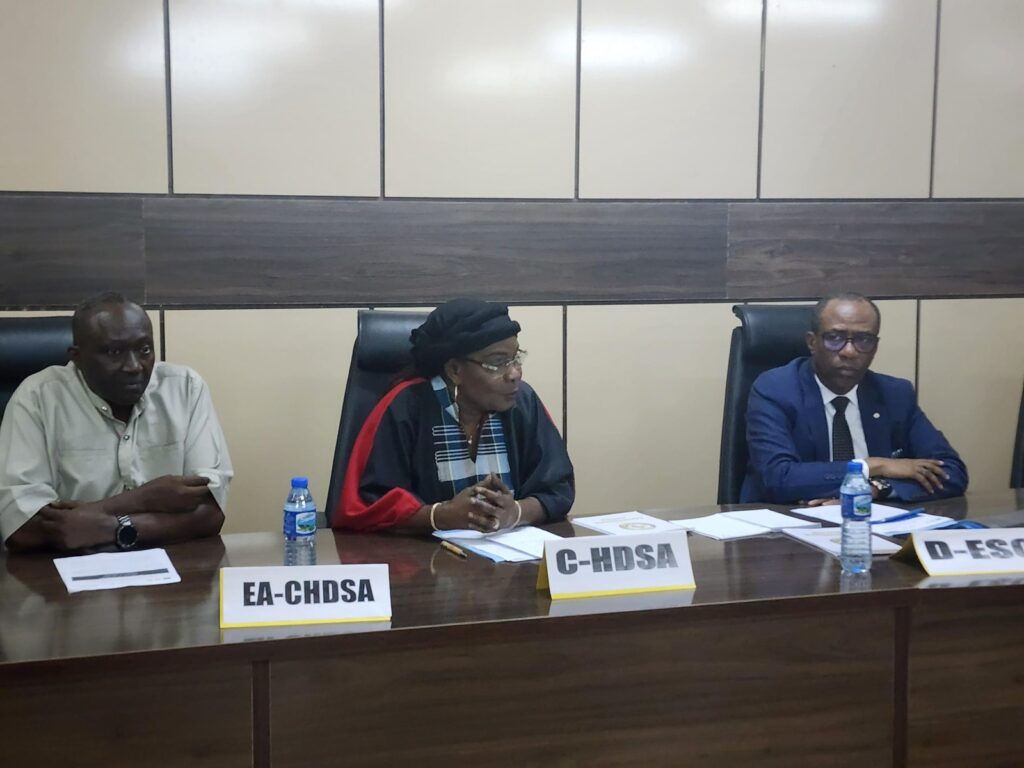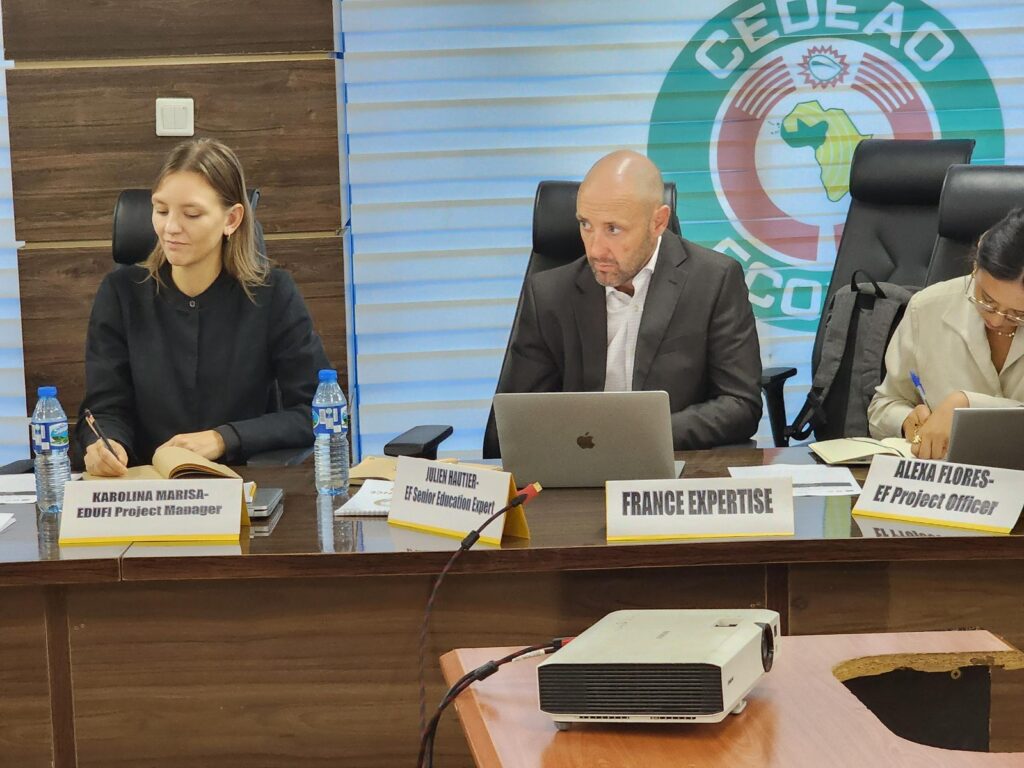EDUCATION REFORMS: ECOWAS -EUROPEAN UNION PUSH BOLD REFORMS IN AFRICA THROUGH STRATEGIC PEERs Project.
By Raymond Enoch.
In a decisive move to reshape the future of education across Africa, the Economic Community of West African States (ECOWAS), in collaboration with the European Union and its implementing partners, convened a high-level two-day meeting in Abuja from September 8 to 9, 2025, under the Africa-Europe Partnership to Exchange on Education Reforms (PEERs) programme.

Held at a critical moment for Africa’s development agenda, the gathering brought together top regional stakeholders from both ECOWAS and the East African Community (EAC) to accelerate the design and implementation of inclusive, equitable, and future-focused education systems across the continent. The emphasis was on strengthening foundational learning, while also aligning higher education strategies with regional priorities.

Key issues on the table included the promotion of green and digital education, gender-responsive policies, and technical and vocational education and training (TVET). Special focus was given to the ECOWAS Nnamdi Azikiwe Academic Mobility Scheme (ENAAMS), a bold initiative to boost intra-regional academic exchange, and the harmonisation of education systems across West and East Africa.
In a move hailed by observers as both strategic and symbolic, ECOWAS was confirmed as the regional coordinator for the PEERs project, while Expertise France will conduct a comprehensive situation analysis across partner states. This dual structure is seen as critical to ensuring local ownership while leveraging international expertise.
Speaking on the sidelines of the meeting, one senior ECOWAS official stated, “This is more than just a policy dialogue—it’s a platform to radically transform how we prepare African children and youth for the future.”
Participants also explored the possibility of presenting the PEERs project at the prestigious 2025 ADEA Triennial, Africa’s leading forum on education and development, which could give the initiative a wider continental platform and attract additional support.
The Abuja meeting concluded with a renewed sense of urgency and unity, as delegates pledged to work collaboratively towards educational systems that not only serve current needs but anticipate the demands of a rapidly evolving global economy.
This landmark meeting signals a growing consensus among African and European partners that transformative education is the cornerstone of sustainable development—and that the time for action is now.







